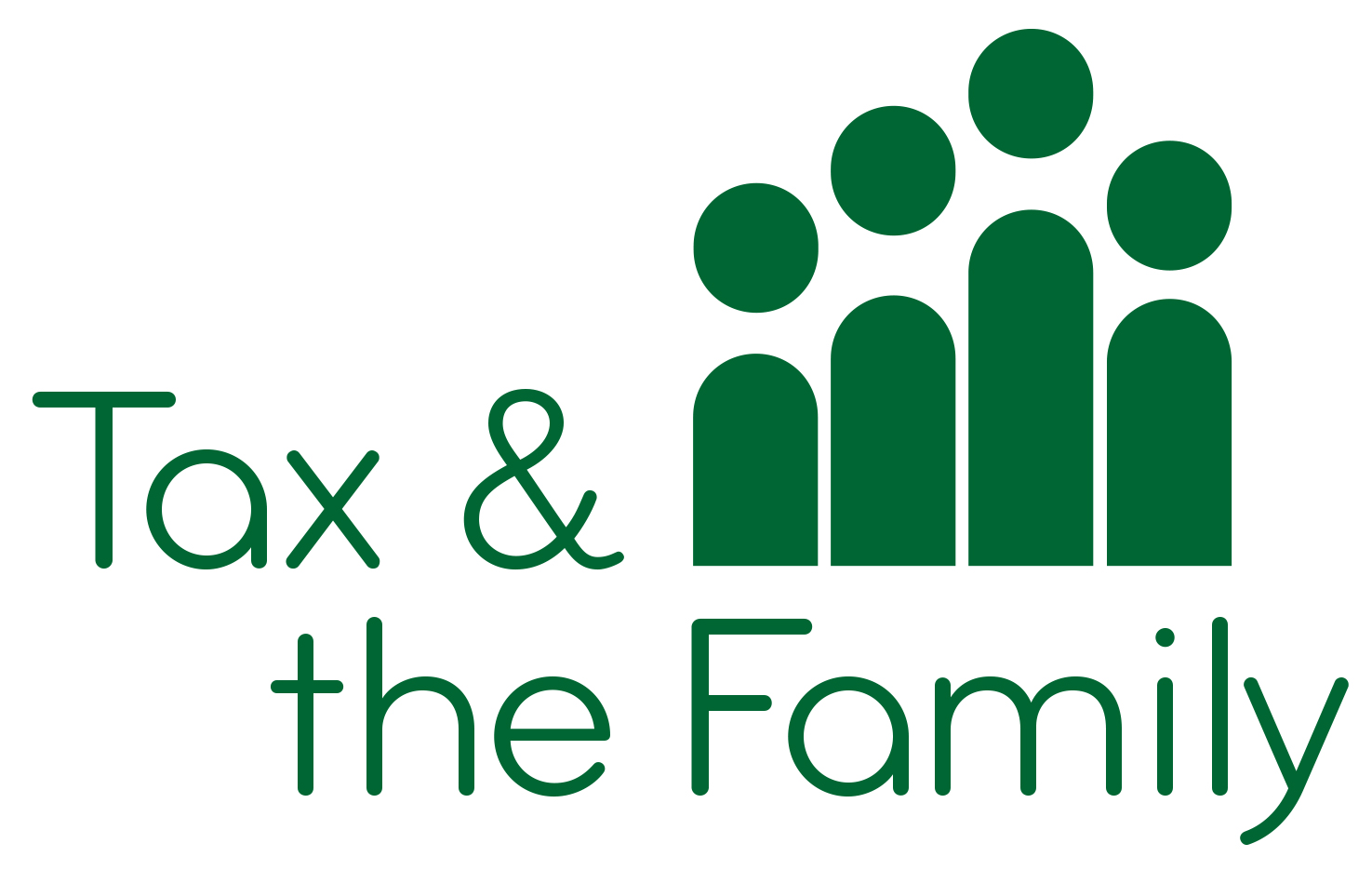National Living Wage Increase
Rachel Reeves confirmed in her Budget Speech that the National Living Wage (NLW)will rise in April by 77p from £11.44 per hour to £12.21 per hour for 21 year olds an increase of 6.7%. For someone working a 37.5 hour week this equates to £23,874 pa up from £23,386. A pay boost worth £1400 a year for an eligible full-time worker the Treasury said. For many low income workers the wage increase will be worth much less. The increase in their disposable income – what they have to live on will be less than half this amount. The Treasury benefits more than they do.
How come? There is Income tax at 20% to pay on the wage increase and national insuranceat 8%. For them a £1400 wage increase only increases take home pay by £1008 disposable income. If, as will be the case with low income families, universal credit is being claimed the increase in take home pay will result in a cut in credit. The taper rate is 55% the family’s universal credit comes down by £554. They are only £454 better off. That is not all. Employers have to provide a workplace pension scheme. There minimum contribution is usually 8% of qualifying earnings. The employer usually pays 3% and the employee 5%. A £1400 wage increase will probably result in a further £70 reduction in take home pay bringing this down to £938 but this reduces the reduction in universal credit to £510. The value of the £1400 wage increase comes down to £428. Is it any wonder if workers feel they have no incentive to earn more. The Treasury one way or another benefits by £972. But even that is not the end of the story. Many low income families will be entitled to council tax benefit (sometimes called council tax support) which will vary as income creases. A typical taper rate is 15%.
The cost to the employer is, of course, more than £1400. An employer will have to pay employers national insurance contributions of 15% (from next April) and in all probability 3% in pension contribuitions. The cost to an employer and the gain to the Treasury of a £1400 increase in employee’s wages appears to be £1,224. If these figures are correct it should surprise no one if the Treasury are in favour of increases in the NLW.
As Paul Johnson of the IFS has said increases in the NLW benefit least those who need help most, those with the least income. Some of us would say that this shows the need to rethink the way the tax and benefit systems overlap and interact. The root of the problem appears to be that income tax is based almost entirely on individual income and takes virtually no account of household circumstances. The Chancellor like her predecessors has chosen to ignore the fact that income tax is not related to the ability to pay with the result that low income households have to depend on means tested benefits whilst also paying income tax.
